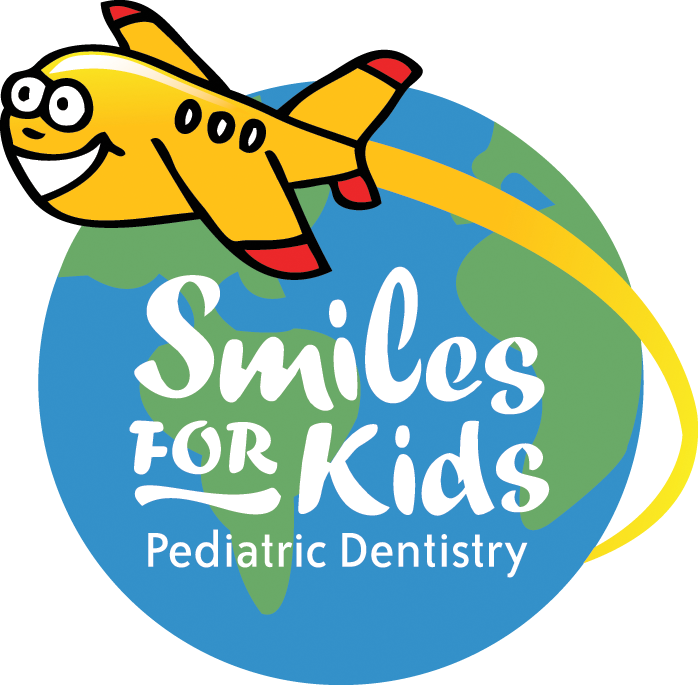Teething
/Did you know that when your baby is born, they already have 20 teeth, but you just can’t see them yet?! YES, it’s true! They are developing and hiding under the gums until they are ready to start coming in around 6-12 months of age. All 20 baby teeth should be in place by about 3 years of age. Then your little one can expect to start getting their second set of teeth at about 6 years old.
Normal symptoms of teething include fussiness, trouble sleeping, irritability, loss of appetite and drooling more than usual. The symptoms that are not normal are fever, diarrhea, and a rash. If your baby has any of these symptoms, then you should contact their pediatrician for another possible illness or cause.
How can you soothe your teething baby? Massage the gums with a clean finger, provide your baby a clean teether toy to chew on, and you can also try letting them chew on something cool like a chilled rubber spoon or a moist, clean rag. Giving your little one a breastmilk popsicle is a great, healthy, natural teething option in the warm summertime! My favorite teething trick for 6 months and older is to put cold or frozen fruit like bananas or watermelon into a mesh baby food feeder and let them gnaw on that for a sweet, but nutritious treat. All of these can help provide comfort to sore or tender gums. When it comes to pain control, consider safe over-the-counter medications like acetaminophen or ibuprofen with appropriate dosages for your baby’s age and weight.
What should you avoid? Avoid objects that are hard or can break when chewed on. It’s important to make sure these teething toys are also free of hazardous materials like metal or lead. The CDC recommends avoiding homeopathic magnetic hematite “healing” bracelets or amber necklaces because 1) they can contain metal or lead which can harm your baby and 2) puts your baby at risk for strangulation or choking. Avoid teething gels and tablets. The FDA recommends against using numbing agents like benzocaine (Orajel) for children younger than 2 because it can pose serious, sometimes fatal risks, and has little to no benefits for treating oral pain. Benzocaine can cause a condition called methemoglobinemia where the amount of oxygen carried in the blood is dangerously low. Teething tablets can contain inconsistent amounts of toxic substances than what they claim on the label. Side effects of using gels or tablets may include seizures, difficulty breathing, lethargy, excessive sleepiness, muscle weakness, skin flushing, constipation, difficulty urinating, or agitation, and medical care should be sought out immediately.
If you have any questions about how to relieve your child’s teething symptoms, call us at Smiles for Kids Pediatric Dentistry, 713-461-1509!
Dr. Lindhorst, Dr. Theriot and our Smiles For Kids Team
